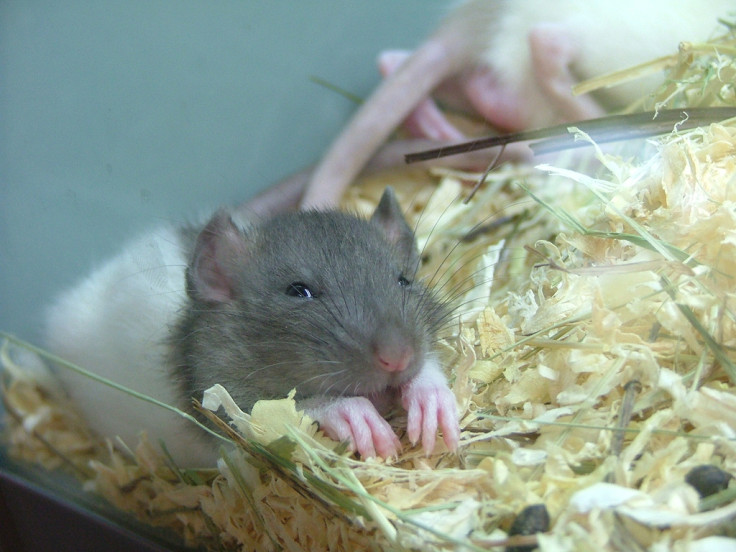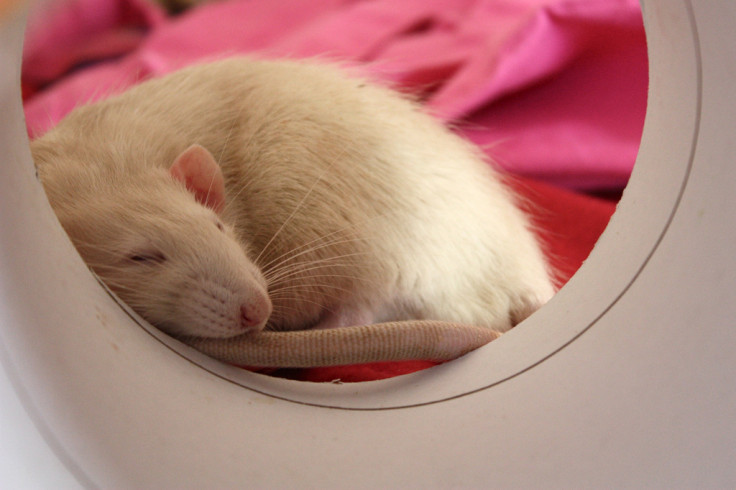Rats have happy dreams about food

Rats have happy dreams about how they will get tasty treats in the future, researchers have discovered.
While the findings of the study published in the journal eLife are absolutely delightful, they have a more serious side – establishing rats can envision a future will help scientists better understand why some people with brain damage are unable to imagine upcoming events.
The researchers from UCL monitored the brain activity of the rats during three stages. Firstly, when they could see food but could not reach it; secondly, as they slept; and finally as they were allowed to get the food.
Hugo Spiers, senior author of the paper, said: "During exploration, mammals rapidly form a map of the environment in their hippocampus. During sleep or rest, the hippocampus replays journeys through this map which may help strengthen the memory. It has been speculated that such replay might form the content of dreams."
Findings showed that during sleep, brain activity was detected in the cells involved in navigation – suggesting the rats were imagining walking to and from the food they had been unable to access.
The data showed the place cells that created an internal map to the food were active – suggesting the brain was simulating or preparing future paths to get to a desired object.
Spiers continued: "Whether or not rats experience this brain activity as dreams is still unclear, as we would need to ask them to be sure! Our new results show that during rest the hippocampus also constructs fragments of a future yet to happen. Because the rat and human hippocampus are similar, this may explain why patients with damage to their hippocampus struggle to imagine future events."

The study suggests the hippocampus plans routes for the future (as well as recording those from the past) when there is a motivational cue.
Concluding, the authors wrote: "These results suggest that a hippocampal representation of a visible, yet unexplored environment can be formed if the environment is of motivational relevance to the animal. We hypothesise such goal-biased pre-play may support preparation for future experiences in novel environments."
Caswell Barry, co-lead author, added further research is needed to work out exactly what is going on in the brain: "What we don't know at the moment is what these neural simulations are actually for. It seems possible this process is a way of evaluating the available options to determine which is the most likely to end in reward, thinking it through if you like.
"We don't know that for sure though and something we'd like to do in the future is try to establish a link between this apparent planning and what the animals do next."
© Copyright IBTimes 2025. All rights reserved.






















